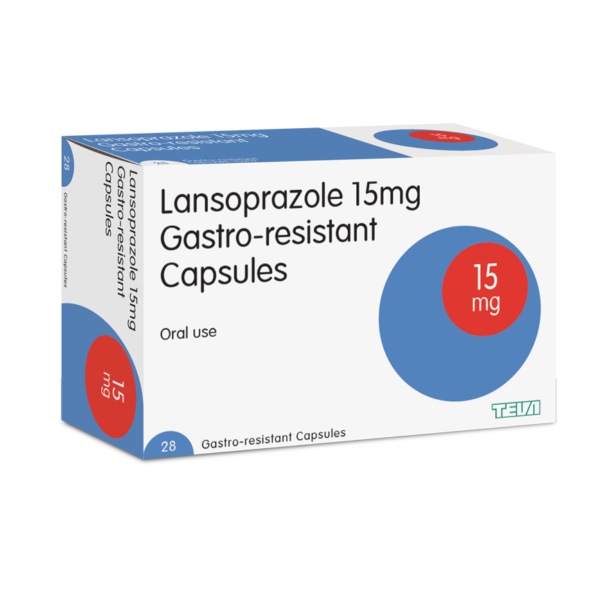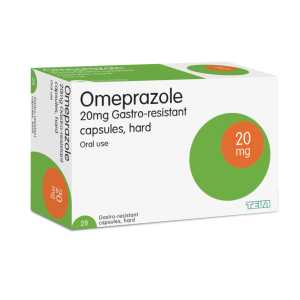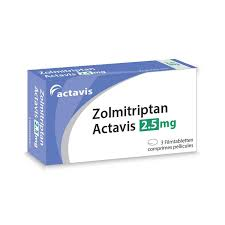Lansoprazole 15mg 28 Tablet
Safe and Secure
- Safe & Discreet Available 24/7
- Fully inspected and regulated service
LANSOPRAZOLE
Lansoprazole is a medication that is part of a group of drugs referred to as a Proton Pump Inhibitor (PPI). PPIs work by reducing the amount of acid that is produced in the stomach and alleviating the symptoms associated with this. Lansoprazole is an effective treatment for acid reflux, heartburn and stomach ulcers, all of which are created by excess acid which can leak up into the oesophagus (throat).
Before You Take Lansoprazole
Please consult your GP if you one or more of the following apply to you;
- Pregnant
- Breast-feeding
- If you suffer from Liver problems
- If you are experiencing one or more of the following; difficulty swallowing, sudden weight loss, or if you are vomitting.
How to take Lansoprazole
Lansoprazole should be taken in the morning, at least 30 minutes before breakfast and on an empty stomach. In some cases, you may be advised to take two tablets per day with the first does in the morning and the second dose in the evening.
Dose
Lansoprazole is normally prescribed 15-30mg daily.
Acid Reflux
Acid Reflux is when some of the acid content of the stomach flows up into the oesophagus (throat), which moves food down from the mouth. If the condition persists it is called gastro-oesophageal reflux disease (GORD).
The main symptoms of acid reflux include:
- Heartburn – this is a burning sensation in the middle of the chest. You can also experience an unpleasant, sour taste in the mouth which is due to the excess stomach acid.
- Recurring coughs or hiccups
- Bad Breath
- A hoarse voice
- Bloating and feeling sick
- (These symptoms are often worse after eating, when lying down and when bending over).
The actual cause of Acid Reflux is not entirely clear, it is a condition which can often form without any clear cause. However, there are certain factors that can trigger this and make your symptoms worse which include:
Types of food and drink- coffee, alcohol, chocolate, fatty or spicy foods can increase acid production
Being overweight
Smoking
Pregnancy
Stress
Anxiety
Certain medicines- anti-inflammatory painkillers such as ibuprofen
A Hiatus Hernia- this is where part of your stomach moves up into your chest
Whilst it is still possible to suffer with Acid Reflux at any time, there are simple lifestyle changes that you can make to stop or help reduce heartburn occurring:
Try eating smaller, more frequent meals. Avoid eating within 3 or 4 hours before bed
To prevent stomach acid travelling upwards to your throat, you can try raising one end of your bed by 10-20cm (by putting something under the bed or mattress). This will ensure your head and chest are above the level of your waist
If you are overweight, try to reduce this to alleviate your symptoms
Try to find time in your life to relax and take care of yourself and body
Avoid food or drink that has a negative impact on your body and triggers your symptoms
Do not wear clothes that feel restrictive and feel tight around your waist
Try not to drink too much alcohol
Ensure that you do not stop taking any prescribed medicine without speaking to a doctor first
If you are experiencing recurring heartburn, you can speak to your pharmacist first who will be able to advise you about heartburn and acid reflux and can recommend medicines to ease your discomfort and symptoms such as antacids.
These medicines are more effective and best taken either with food or soon after your meal as this is when you will prone to experiencing heartburn.
If you are still experiencing symptoms of acid reflux despite lifestyle changes and pharmacy medicines, please consult your GP. It is also advisable to see your GP if you are also experiencing the following:
Heartburn symptoms most days which lasts three weeks or more
You are experiencing food getting stuck in your throats
Frequently being sick
Losing weight for no reason
Your GP will be able to provide stronger treatments and help dismiss any more serious potential causes of your symptoms.






